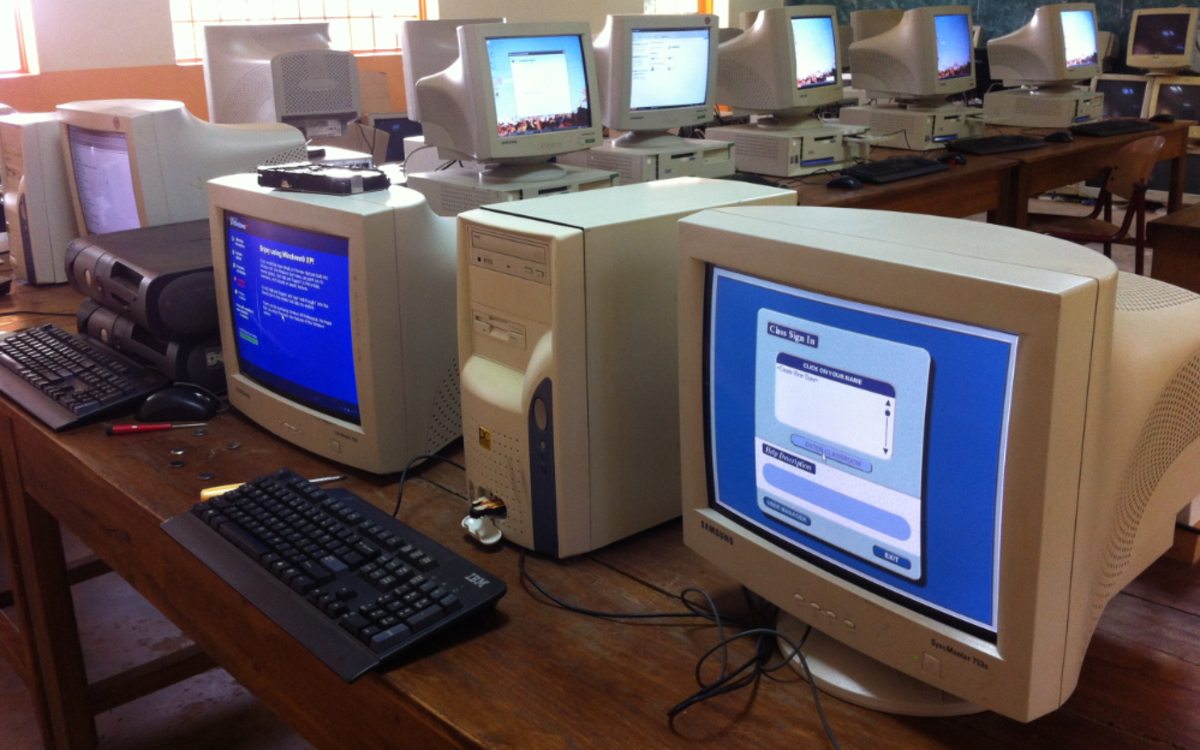Communications technology - a double-edged sword - part 2
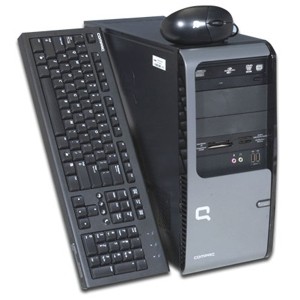
The computer and you
Computers have been around in one guise or another for many, many years, but it's only in the last twenty or so that it's begun to have such a marked impact on our daily lives.
You'd be surprised how many everyday items have computer chips in these days.
Game consoles, digital satellite receivers, mobile phones, PDA's, DVD and Blu-ray plays and recorders etc, are all based around a computer chip. Even the supermarket checkouts are PC based, as I discovered yesterday.

Early personal computers
I started back in the late eighties with a commodore C64.
Actually it was my little brother's but he had arm loads of games for it like Uridium, Thing On A Spring, Paradroid etc and it even had a cassette data reader. It was well ahead of its time, but it wasn't really what one could define as a personal computer, not in the way we think of them today.
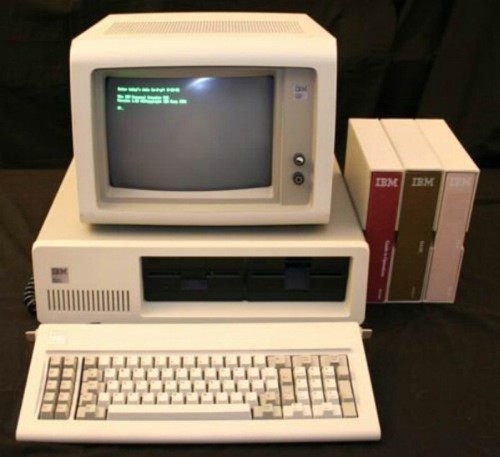
In the mid 90's, I went to college to become a computer programmer and met the 80486 DX4, running Windows 3.1 with 127 meg hard drive and 640k RAM.
It was a real upward shift in what I had previously seen on computer. Prior to this, I had a Canon computer with a green screen what wouldn't run the ADA packaged I was using for college. The whole point of having it was to be able to work at home on assignments and whilst the Canon was cheap, it didn't do what it said on the tin.
The image (right) is as close as I can find to my old Canon, with its dual 5.25 inch floppy drives, tiny little green screen and less computing power than an iPod Shuffle.
It was what I needed though--or so I thought.
Then one day, I tripped over the power lead and phut!
Fortunately the household insurance paid for a replacement and since they didn't make those computers anymore, I had to have a Dell 486 DX2 50--shame!

I was so lucky to be able to get Lotus AmiPro for word processing, with 123 for Windows as a spreadsheet. After having to put up with Supercalc and Wordstar4--that awful word processor which took longer to paginate than to write, even with two fingers--these made a refreshing change.
Now of course, whilst Lotus still make word processors, Microsoft Office has now become pretty much the standard, which is fine by me, although with all this technology, it still can't seem to understand that when writing speech, if the quote ends with a question mark and closed quotes, you don't need to add one after 'he said'.
Today, you can send and receive emails, upload and download music, films, programs and applications, in fact, there's little you can't get from the WWW, much of it free--if you don't mind how you came by it.

Computers in the office
Many people are issued with laptops or desktop--even both at work nowadays and although some may be a little behind the times with what's inside--both hardware and software--they form an integral part of our everyday working environment.
Together with the telephone lines or even mobile technology, they allow us to communicate with others both at work and away from work, making our daily lives easier--supposedly.
With the right access, some have even been given the opportunity to work from home, saving on travel, wear and tear on the car, yet still being fully communicable even though they are not present in the office. Sometimes, they can even set up web-based conferencing, making it even less necessary to go into work at all.
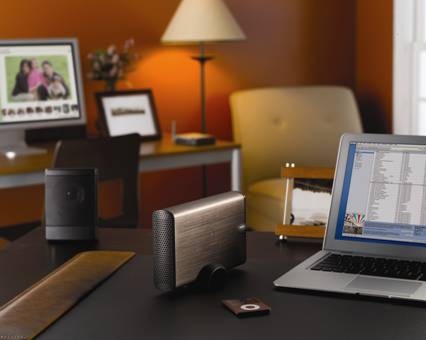
Computers at home
Our computer is indispensable. We get maps for places we visit, order and reserve goods, email and conduct some if not all of our daily business on it, like writing and website design.
However, computers also form the basis for many school children's extracurricular activities too and nowadays, it's not uncommon to find homes with several computers linked wirelessly to a central hub so that not only can the parents use the computer, but so too can the children.
When it comes to learning, there is a wealth of information out there with sites like Wikipedia, Google and a whole host of others. They all provide a portal into the realms of data, facts and figures, dates and pictures, covering everything from history to current affairs, entertainment to well, just about anything you can think of--and some you'd probably rather not.
What is good is that sending an email is much less expensive than a phone call and whilst it's often nice to hear the sound of a loved one's voice, you can say as much, if not more in an email without it costing an arm and a leg.
On top of that, there's also being able to set up a webcam, giving you the ability to video conference, which is even better than making phone calls. This way, you can actually talk to those family members and friends who are in far-flung corners of the globe.
The downside
There are many downsides, more so than with the telephone--unsurprisingly.
Although your computer has many, many positive attributes, like being able to communicate with others, compile your own mix CD's, edit the family's home and holiday videos, once again there is a darker side to the computer.
One major element of computing nowadays, is the connection to the web. Many if not all companies now are trying to go to a wholly wireless system. Printers and computers are being set up this way, but there is a downside to this--piggybacking.
This is where someone within range of your hub connects to the internet with their wireless networking capability and then uses your connection to access the web.
There is no guarantee that they are only going to be using your connection for legal means either. They could be downloading pirate DVD's, accessing pornographic sites or anything, which all gets traced back to your ISP (Internet Service Provider).

Protection
Nowadays, we have to be aware that there are less scrupulous people out there who would wish you harm--or at least your computer. They create what are known as viruses that attack your computer and can if not guarded against, leave you with a pile of unusable junk in the corner of your home office.
We have to be on our guard as it's more likely nowadays that those who don't will get a virus, maybe several and these can often be passed on to others.
The anti-virus software is constantly being upgraded and is usually downloaded straight to your computer, but there's a cost for this. AVG for instance has proved to be very good and is on a two yearly subscription, unlike others, which tend to be annual and often don't have the fixes for some of the viruses that are released for months.
Indeed, it doesn't stop there as many children will need to use the computers we own in order to do their school work. Often these can be linked wirelessly to a central hub to the internet, which means the parents need to be able to set up their computers with restraints so that they cannot access the multitudes of pornographic and other unsuitable sites that inhabit the web.
Kids also like chatrooms and these are potential sources of paedophiles who lure children into potentially dangerous situations, by posing as a child themselves. You can't see them, so you don't know who it is your child is 'chatting' with, how old they are or what their intentions are either. It's hard enough protecting your children against the things you can get at, let alone those you can't.
They probably ought to be stopped from downloading large files too, such as films at around a gigabyte a time as the parents will undoubtedly be paying a premium for downloading over their download limit and one film can often take you straight to that limit.
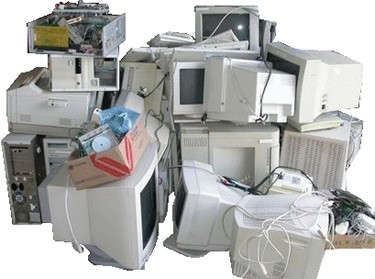
Keeping it running
When you buy a car or motorbike,you know there are things that will wear out. The tyres, the oil, the brakes etc, but with a computer, there's nothing that can or will go wrong, is there?
Wrong!
When they break down, there is nothing many can do about it and you have no idea usually whether it's the hard drive that's packed up or it's just gone fut, kicked off it's shoes and turned turtle, because it's died.
As if general upkeep is concerned, that's not all we have to think about.
As technology moves at an ever increasing rate, keeping up with the latest has, for most people, become impossible and if you are like me and want to use up-to-date software, often, the computer is one of the first things that has to go, to be replaced by something far more powerful just to use the software.
In part three...
We look at mobile phones...
Find it here

